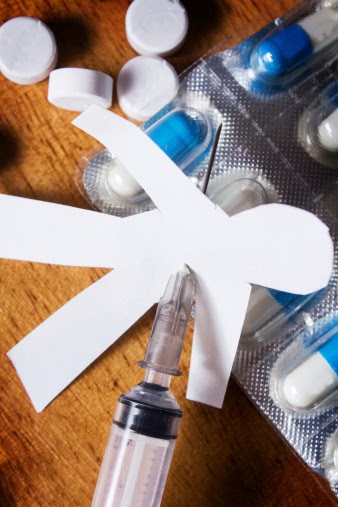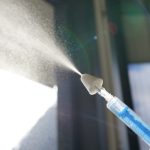Pittsburgh City Council recently convened a panel of experts to provide guidance on solutions to a rash of heroin-related overdose deaths in Allegheny County.
Antoine B. Douaihy, M.D., medical director of Addiction Medicine Services at Western Psychiatric Institute and Clinic of UPMC, participated in the panel and echoed many panelists when he noted that increased collaboration among law enforcement officers, city and county officials, advocacy groups and addiction care organizations is critical to avoiding more deaths.
“Drug addiction is a huge public health crisis in our communities,” said Dr. Douaihy, also an associate professor of psychiatry at the University of Pittsburgh School of Medicine. “We have a lot of people working so hard on the different aspects of this problem. If we can optimize our efforts and pool all our resources, I believe we can make a huge difference.”
Getting people in for treatment can be difficult, especially if the addicted person isn’t motivated to change, Dr. Douaihy said, but he noted that health care practitioners can work with patients and their friends and family to help build patients’ motivation and increase their engagement in treatment, and, therefore, the likelihood of recovery. Dr. Capretto also noted that people forced into treatment by the legal system have results that are as good as people who go voluntarily.
“Recovery from addiction is about reclaiming self,” said Dr. Douaihy. “And we know from research that most people who have addictions do recover, so there is hope.”
Local drug addiction resources include:
- WPIC re:solve Crisis Network (staffed 24 hours a day, every day): 888-796-8226
- Gateway Rehab: 800-472-1177
- Pennsylvania Alliance for Safe and Drug Free Children: 866-988-9900
- City of Pittsburgh:
- 311 for ongoing drug activity in a community
- 911 for a crime in-action
- 412-323-7761 to talk with a narcotics officer








